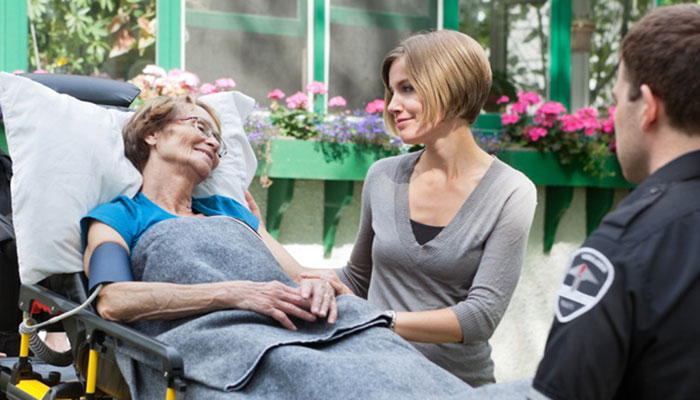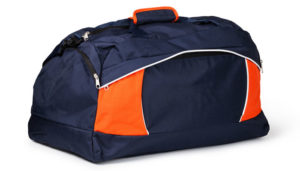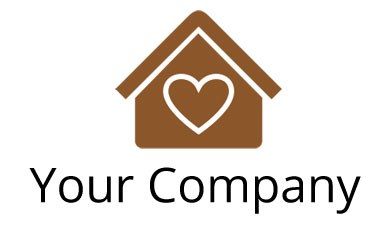
Try as you might to prevent a flare, some diseases involve episodes that require immediate, emergency medical care. COPD (chronic obstructive pulmonary disease) and CHF (congestive heart failure) are two conditions famous for sudden flares that result in a call to 911.
The dash to the ER
 At [Your Home Care Business] we understand how scary it is when a loved one suddenly has trouble breathing. Emotions run high, and getting your relative relief is top priority. But it can be a long and uncomfortable wait once you get to the ER. Or even with an immediate admission to the hospital, you can find yourself having to drive home to get key supplies or information.
At [Your Home Care Business] we understand how scary it is when a loved one suddenly has trouble breathing. Emotions run high, and getting your relative relief is top priority. But it can be a long and uncomfortable wait once you get to the ER. Or even with an immediate admission to the hospital, you can find yourself having to drive home to get key supplies or information.
Planning ahead
Make your life easier by packing an ER kit you can simply pick up and walk out the door with.
Important paperwork
Including a folder with a few simple documents can go a long way to speeding the intake process at the hospital:
- Insurance information. Copies of your loved one’s insurance cards come in handy, especially if you forgot his or her wallet in the rush.
- Medication list. Ideally you’ll want to put all your relative’s medications into a grocery bag and bring it to the hospital. That said, having an updated list will help the staff quickly identify any red flag issues and make it easier for their own inputting into the hospital record. (Whenever your loved one has a change in medications, get in the habit of making an extra copy of it and popping it in the ER kit. Remove the “old” one and you’ll always have an updated list!)
- Physician list. Keep a list of your relative’s primary care doctor and specialists, along with their specialties and phone numbers. If you can add the addresses and fax numbers, it will be easier for the staff to be sure to get the doctor’s information about the hospital visit. It will also facilitate a call if they need to verify something for treatment.
- Advance directive. If your relative is a “frequent flyer”, the hospital probably has his or her advance directive already on file. Regardless, it’s always good to have a few copies in your kit. At the least, it will clarify who has been named as the health care proxy (decision maker) and will point the ER team to the right person for treatment decisions if your loved one is unable to speak.
Other essentials
In addition to documents, there are a few items you can pack ahead of time that can greatly reduce the stress of an ER visit:
- A change of clothes. Medical emergencies sometimes result in soiled or wet garments. It’s nice to have a clean set to put on.
- A sweater. It’s bad enough having to go to the hospital. How much better not to be cold!
- Snacks and water. Pop a few protein bars in the kit. Or even a bottle or two of liquid nutritional supplements (e.g., Ensure, Boost). If not for your relative, perhaps for you! A bottle or two of water can come in handy also.
- Notebook and pen. This way you can write down questions, and answers, as you learn more about the problem causing the visit.
- Some cash. You never know. You may need it for something unforeseen.
- Magazine or other reading material. You may be in the ER for a long time. It helps to have something to pass the time.
Reducing ER visits
Of course, everyone hopes to avoid the ER. Check out our article about CHF or the one about COPD. They provide information to help you nip a flare in the bud.
If your loved one is prone to ER visits, you might want to give us a call at [Your Phone Number]. As the [Your Service Area] experts in family caregiving, we can help you use preventive strategies. We can also help you work with the medical system so your entire family’s experience is the least stressful possible.

